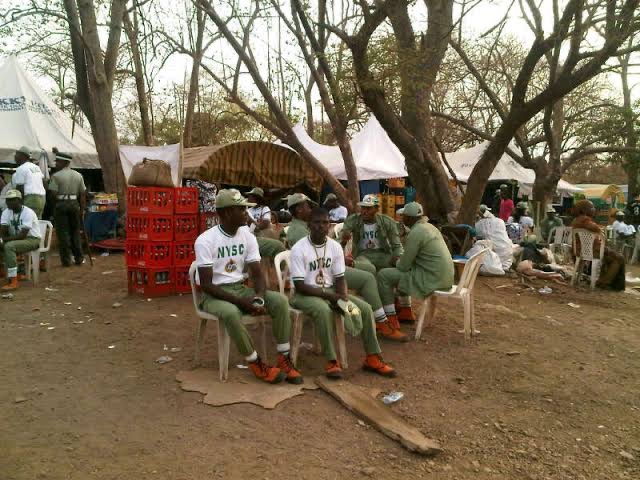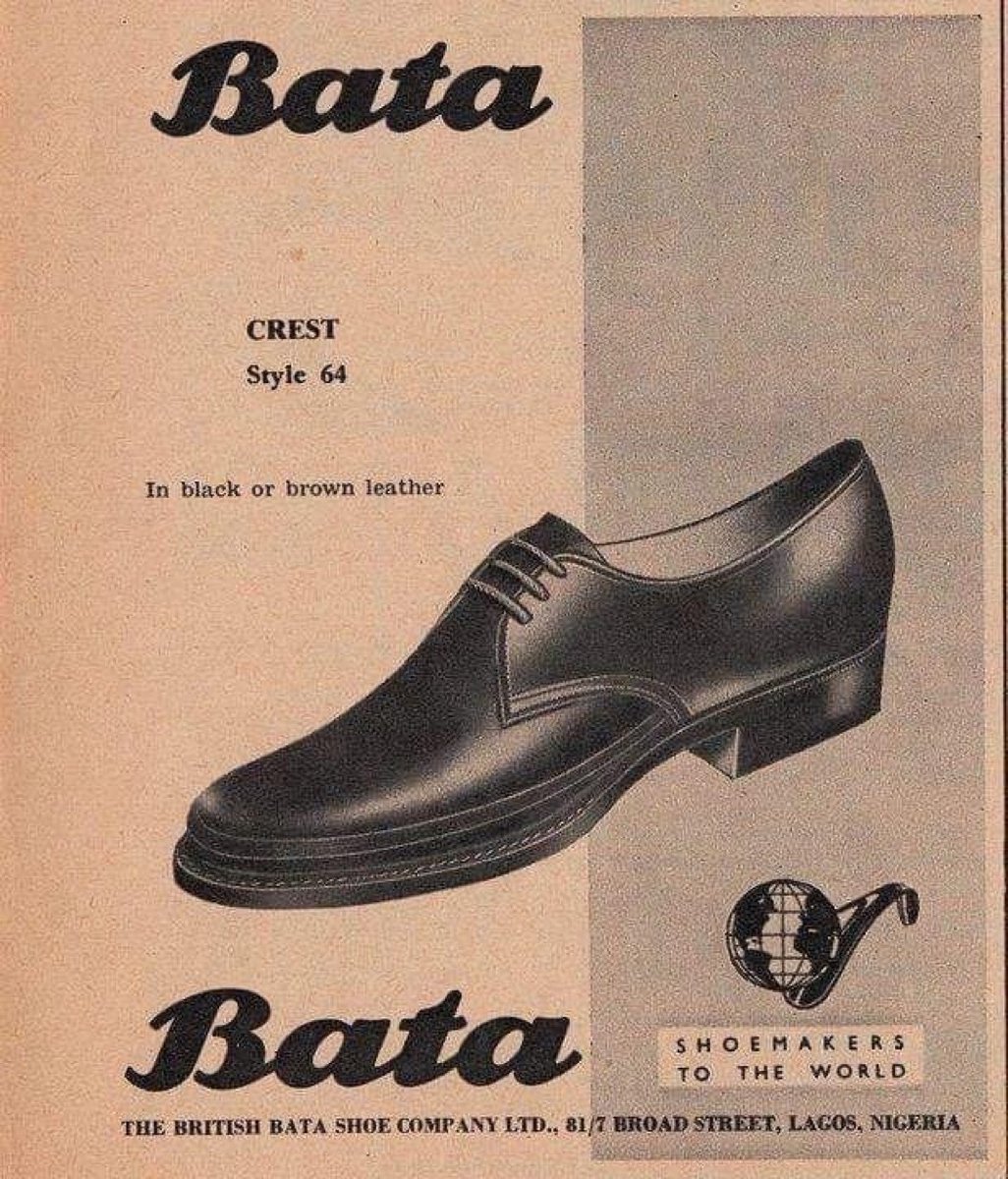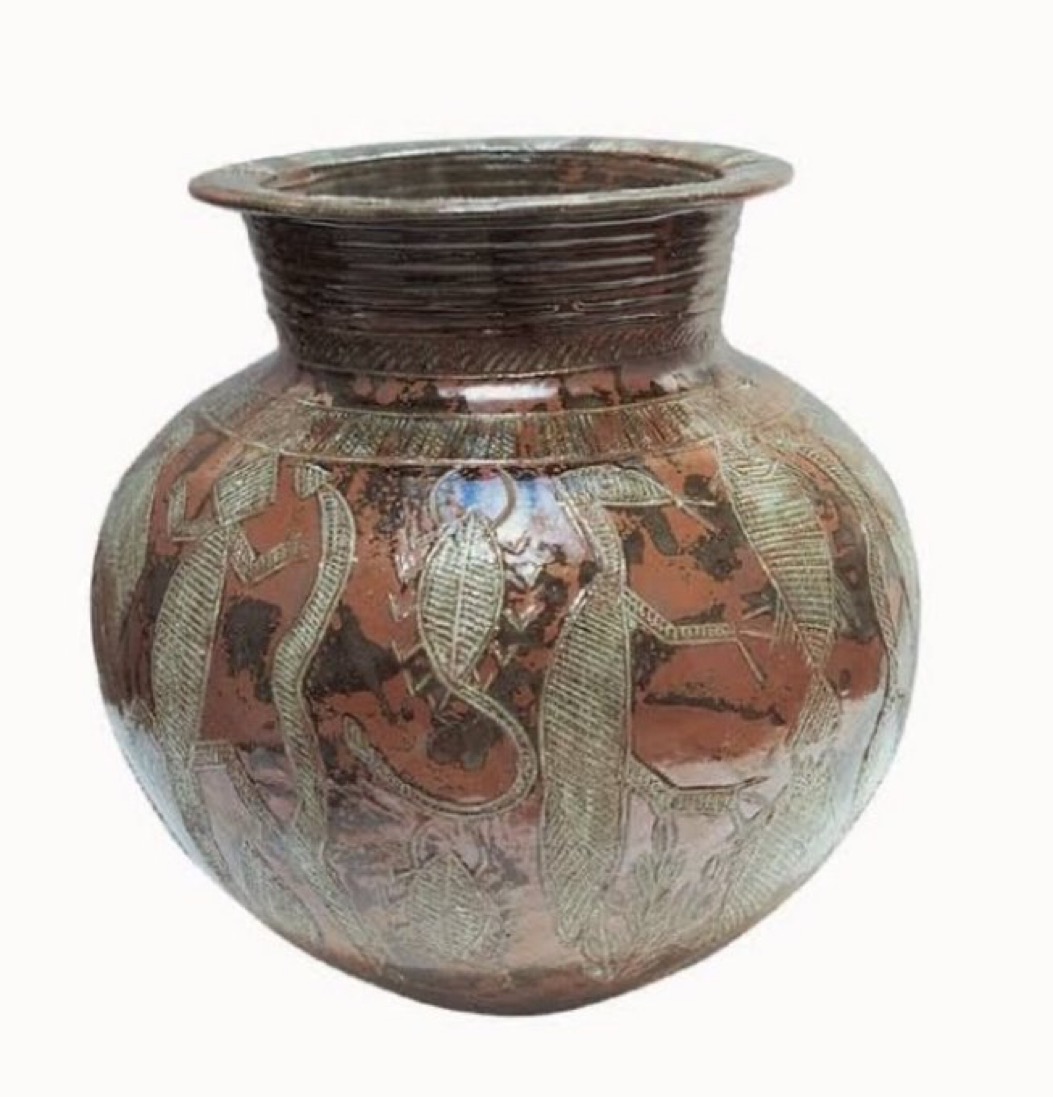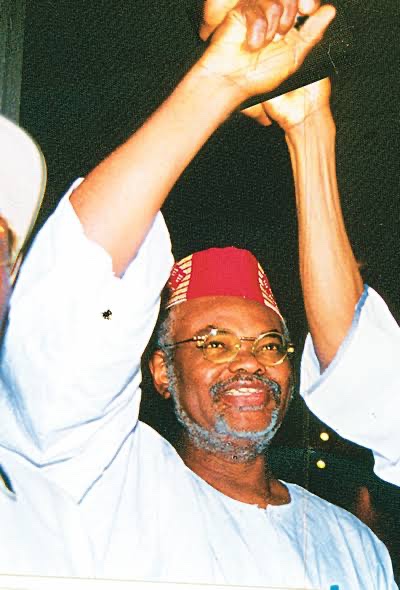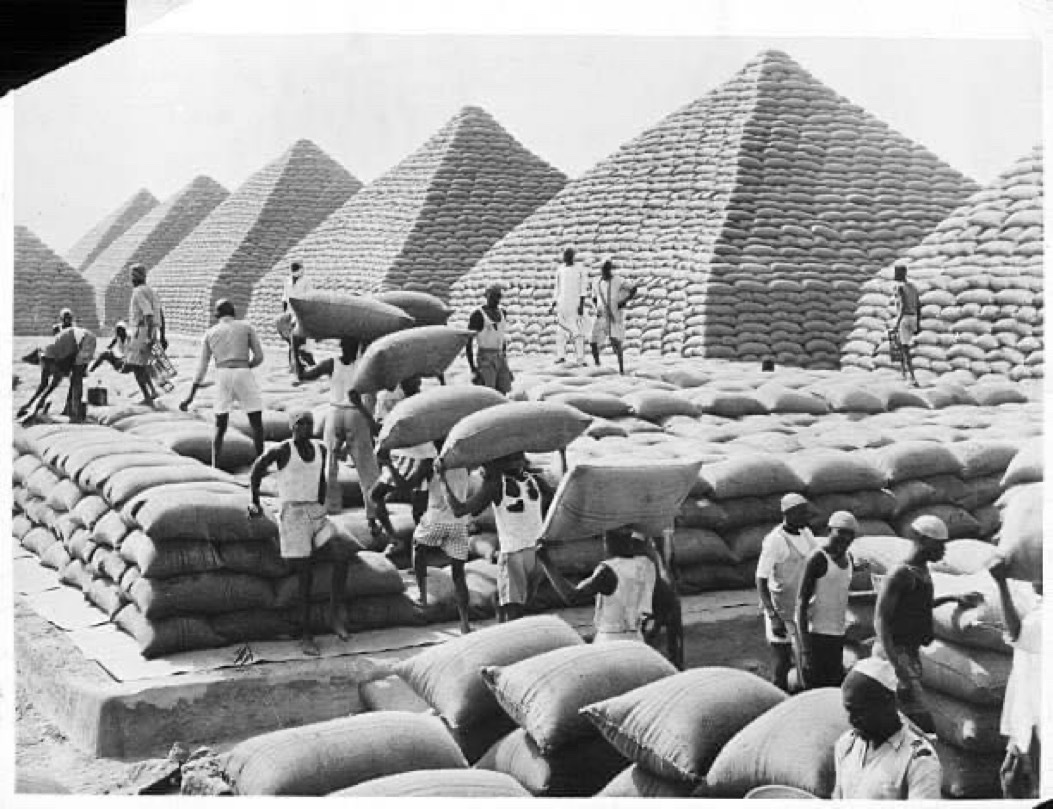
Story of Hajia Gambo Sawaba
The Woman Who Survived Forced Marriage at 13 to Become a Powerful Political Activist in The 1950s
A thread
#InternationalWomensDay #IWD2023
Retweet to educate someone

The Woman Who Survived Forced Marriage at 13 to Become a Powerful Political Activist in The 1950s
A thread
#InternationalWomensDay #IWD2023
Retweet to educate someone


Hajia Gambo Sawaba was a Nigerian politician and activist who was well known for her charitable causes one of which was fighting for the freedom of northern women.
The rights and status of women in Northern Nigeria have to date remained a delicate issue to comprehend or solve although progress is being made. In more recent times, the #MeToo campaign has found its way into the region.
Locally known as #AweraMeToo, the movement has stirred up a lot of controversy with women revealing their abusers amidst arrest of activists.
But before the #MeToo campaign or bravery of women in the north to stand up for themselves or go to the extremes of being called a feminist,
only a handful of women risked their lives to be in the limelight and stand up for women issues such as early marriage, education and childbirth and one of such women is Hajia Gambo Sawaba.
Who Was Hajia Gambo Sawaba?
As a young girl, Gambo Sawaba, who was then known by her birth name Hajaratu Gambo, became popular both at home and in school for her feisty nature that made her never back down or give up a fight even if it meant a physical one.
As a young girl, Gambo Sawaba, who was then known by her birth name Hajaratu Gambo, became popular both at home and in school for her feisty nature that made her never back down or give up a fight even if it meant a physical one.
A personality trait that would lead her to become a pioneering feminist and activist in Northen Nigeria.
Born on February 15, 1933, she was the 5th of six children and was given the name Gambo as tradition demands that the name is given to a child who follows twins.
Hajia Gambo’s father was a Ghanaian immigrant who was originally known as Theophilus Wilcox, but later changed his name to Isa Amartey Amarteifio.
In 1910, he moved to Zaria to work with the Nigerian Railway Corporation where met his wife Fatima Amarteifio who he married after converting to Islam.
Up until her father’s death in 1943, Hajia Gambo received an education but had to stop at the age of 10 to support her mother who also died 3 years later when she was just 13 years old.
She was quickly married off against her will to Abubakar Garba Bello, a World War II veteran who is said to have left and never returned after she got pregnant.
Her early struggles did not make her timid but rather made her more courageous and her experiences feeding into the desire of helping other your girls and women like her who were being oppressed by the society they found themselves in.
At the age of 17, Hajia Gambo took the risk of joining one of the strongest opposing political parties the Northern Element Progressive Union (NEPU) that believed that the Northen Peoples Congress (NPC),
Her and MKO Abiola
Her and MKO Abiola

was the strongest party at the time with international support was taking advantage of and oppressing the people.
She was one of the very few women to be part of the party but what made her unique was the fact that she was young and less educated.
She was one of the very few women to be part of the party but what made her unique was the fact that she was young and less educated.
Soon after joining NEPU, she was made the female leader in the NEPU Zaria branch and started her vigorous campaign against child marriages and forced labour while advocating for Western education to be fully established in the North and for girls to gain access to it.
She became very popular and targeted by several men and political leaders in power after she walked up the podium in Zaria at a lecture full of men to boldly face them and give a talk, challenging to support women and their rights.
Despite gaining several enemies for that, she also gained the nickname Sawabiya which meant the redeemer.
Throughout her career, Hajia Gambo Sawaba was the target of several attacks and escaped many death traps as a means to silence her.
Throughout her career, Hajia Gambo Sawaba was the target of several attacks and escaped many death traps as a means to silence her.
In several articles written about her, it is said that she was arrested and jailed over 16 times and exiled from Kano at a point.
Her first arrest was in Kano where she went to meet women to educate them about their rights and get them to join NEPU.
Her first arrest was in Kano where she went to meet women to educate them about their rights and get them to join NEPU.
She was arrested and sent to jail with two hundred other women for not getting legal permit to hold the meeting.
Soon after her release, she started speaking on the bad state of the prisons and started a campaign for women to be able to attend and speak on issues which was not the case due to the Purdah system.
At a point in time, she was asked to leave Kano by the Emir or face punishment for disturbing social peace and progress.
Greatly influenced by Fela Kuti’s mother, Funmilayo Ransome Kuti, the two became very good friends and Mrs Kuti became Hajia’s mentor.
Greatly influenced by Fela Kuti’s mother, Funmilayo Ransome Kuti, the two became very good friends and Mrs Kuti became Hajia’s mentor.
She went on to hold the position of Deputy Chairman of the Great Nigerian Peoples Party and paved the way for several women from the North to become vocal in the political scene in Nigeria.
Hajia Gambo got married again to Hamidu Gusau but the two would later divorce due to different interests and fights. Hajia was unable to settle in any other marriage or relationship and died on October 14, 2001 at the age of 71.
Thanks for reading . Follow us @NigeriaStories for more amazing stories
Bet on football, basket ball and other sports with
@Paripesa
Use this link → bit.ly/3Y5PNTT to register and enjoy up to 300k bonus when you use our promo code “NSstories”
Thanks you

Bet on football, basket ball and other sports with
@Paripesa
Use this link → bit.ly/3Y5PNTT to register and enjoy up to 300k bonus when you use our promo code “NSstories”
Thanks you


• • •
Missing some Tweet in this thread? You can try to
force a refresh



